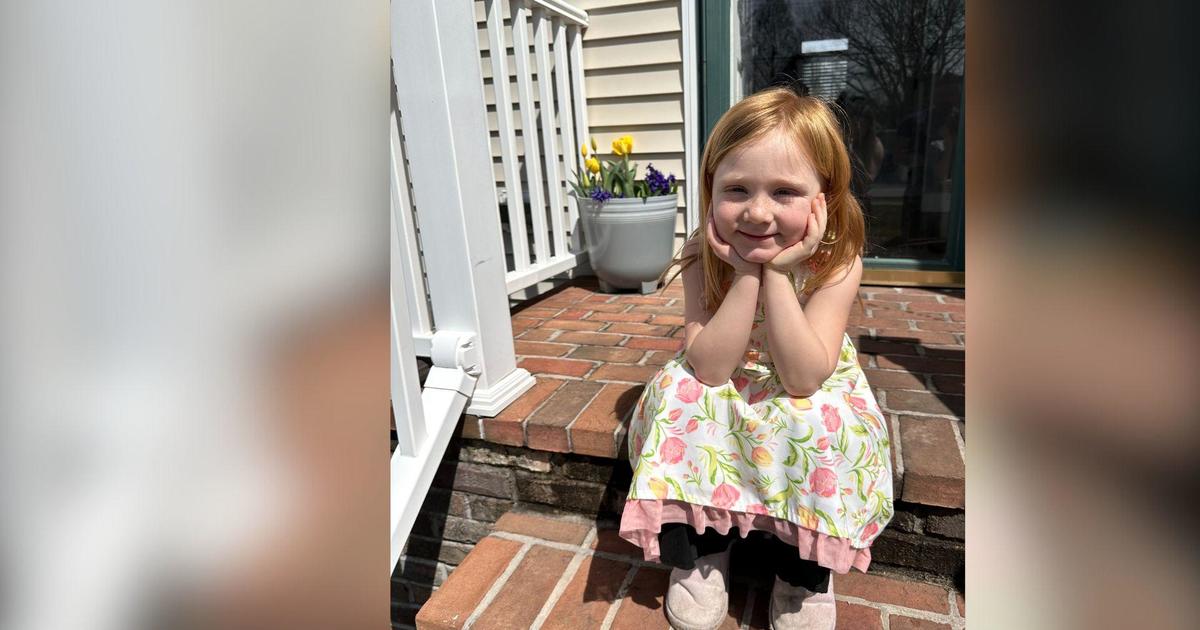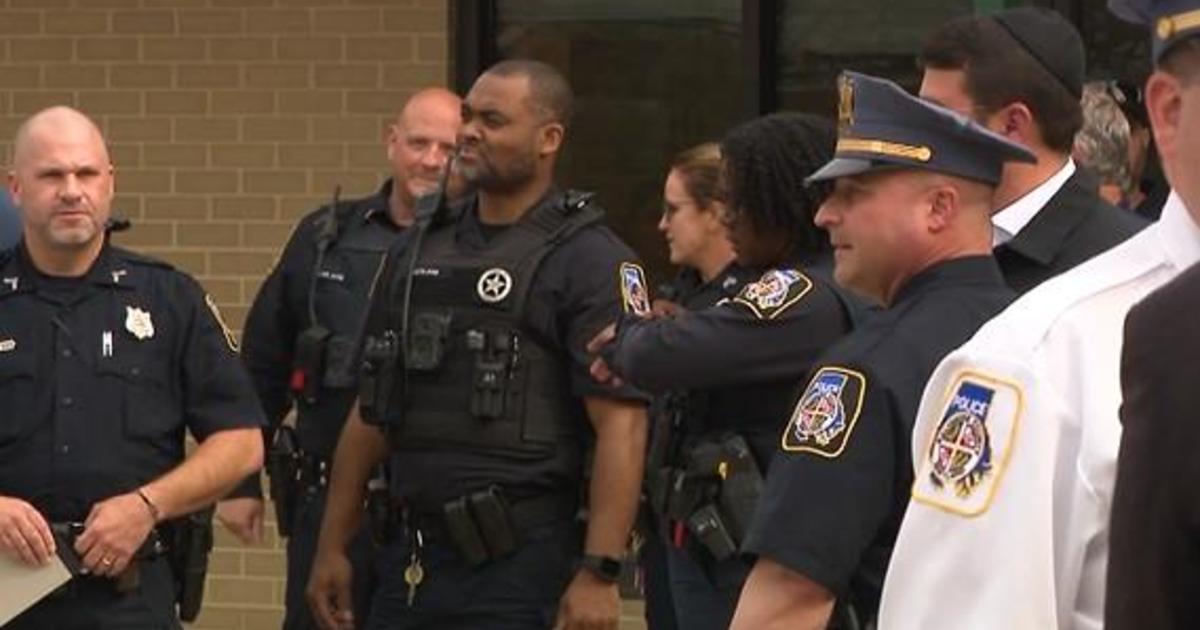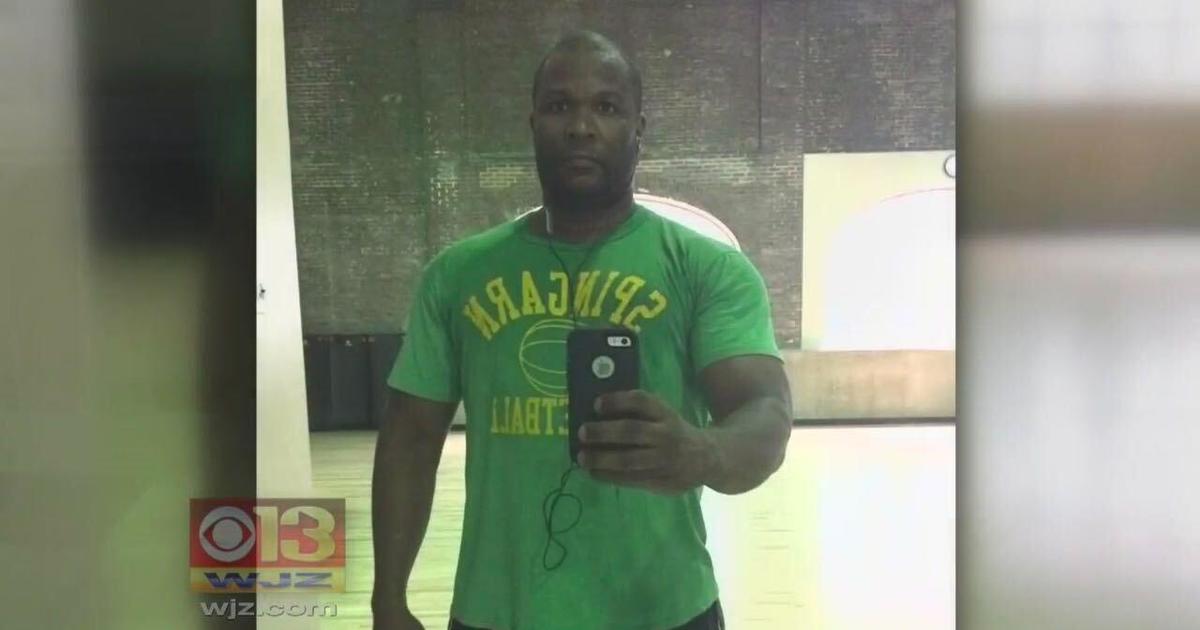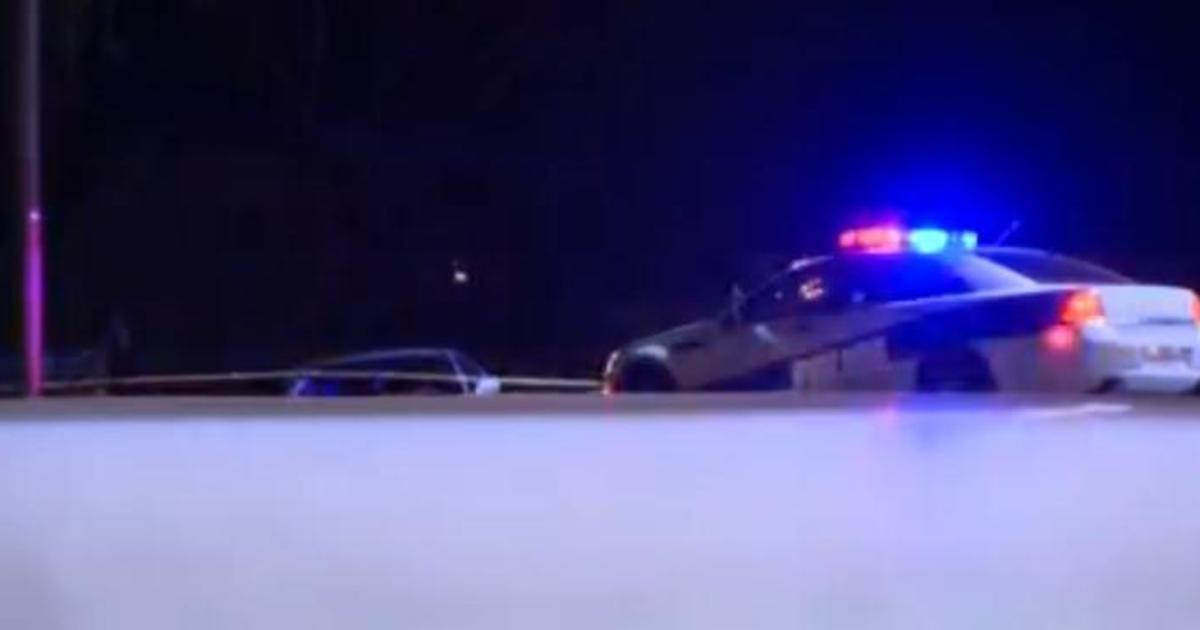Grassroots Effort Takes A Stance Against Toy Guns
JESSE COBURN | The Baltimore Sun
BALTIMORE (AP) -- The guns were only toys, but seeing neighborhood kids playing with them last week didn't sit well with Sandtown-Winchester resident Dominic Nell.
"They said, `Pow, pow, pow! Everybody's killing everybody, the police just killed somebody on TV!"' Nell said.
Nell, a photographer, said he asked the boys if they wanted to shoot pictures with his camera instead. He said one replied, "Can you put real bullets in it?"
With shootings persistently high in Baltimore, Nell said he wants to discourage neighborhood kids from playing with toy guns. In recent days, he and a group of other community activists have walked up and down Pennsylvania Avenue in West Baltimore, asking the owners of corner stores and discount shops to stop selling toy firearms.
Of some 20 stores he has visited, nearly half had toy guns or similar products for sale -- and the majority have agreed to stop carrying them, he said.
Nell, 39, said he is motivated by incidents in recent years in which police officers shot young African-Americans after mistaking replica guns for real weapons. He said the surge of violence in Baltimore, as well as the recent fatal shootings of black men in Louisiana and Minnesota by police officers, added urgency to his mission.
"In the heat of everything that's going on, I wanted to focus on something tangible," he said.
Nell visited stores with representatives of the Village Keepers of Baltimore, No Boundaries Coalition and other local community organizations.
One of the stores they visited was Penn Mart in Upton. Idrees Ahmed, 35, manager of the store, said he understood Nell's motivation and told the group he had already agreed to stop selling toy weapons after other community members approached him with the same request.
"They said: `It's killing our kids,"' Ahmed said. "I respect that, and I'm not going to sell any."
Nell said he and others are motivated in large part by the fatal police shootings of Tamir Rice and Dedric Colvin.
Tamir Rice, 12, was fatally shot by a police officer in Cleveland in November 2014. Rice was playing with a pellet gun. The gun's orange safety tip -- meant to distinguish replica guns from real firearms -- had been removed.
In April, a Baltimore police detective shot Dedric Colvin in Southeast Baltimore. Colvin, then in the eighth grade, was carrying a spring-air-powered BB gun that officers mistook for a real pistol.
In the wake of Colvin's shooting, some state lawmakers said they would renew a push to ban replica guns in Maryland. Similar efforts in the state have been unsuccessful in the past.
T.J. Smith, chief spokesman for the Baltimore Police Department, said it can be difficult for officers to distinguish between real and fake weapons -- especially in high-pressure situations.
"The only way you can really find out that one is real and one isn't is when you're on the receiving end," said Smith, who applauded efforts by Nell and others to remove gun toys from stores.
"They truly serve no purpose in having fun," Smith said, "and certainly can lead to misunderstandings."
Abdul Salaam, deputy director of KEYS Development, a nonprofit mental health organization, was among those petitioning shop owners to remove toy guns from their shelves.
"We have to take as many precautionary measures as possible," Salaam said.
Bob Terry, owner of Texas-based toy gun manufacturer Wild West Toys, said he doesn't believe toy firearms lead to violence. Television shows should be taken into account as well, he said, as some compel children to simulate violence.
"I don't think it's any issue to do with toy guns," Terry said. "I think it's an issue to do with a mindset of our society."
"The whole world seems to have gone mad," he said.
Salaam noted that stores stopped selling candy cigarettes years ago, and he and others want toy guns off the shelves for the same reason. He said it's a matter not only of protecting children from accidental confrontations, but also preventing them from becoming desensitized to violence.
"It's conditioning," Salaam said. "The more you're used to playing with or handling guns, the more you feel like you need one."
Nell has documented the group's efforts on social media and his posts have been shared widely, encouraging others to undertake similar initiatives in Baltimore and elsewhere. Salaam said they intend to petition more stores in the city.
"If our vision comes to fruition, this will be a nationwide movement that we are implementing," Salaam said.
"We're going to start right here in Baltimore."
(Copyright 2016 by The Associated Press. All Rights Reserved.)



